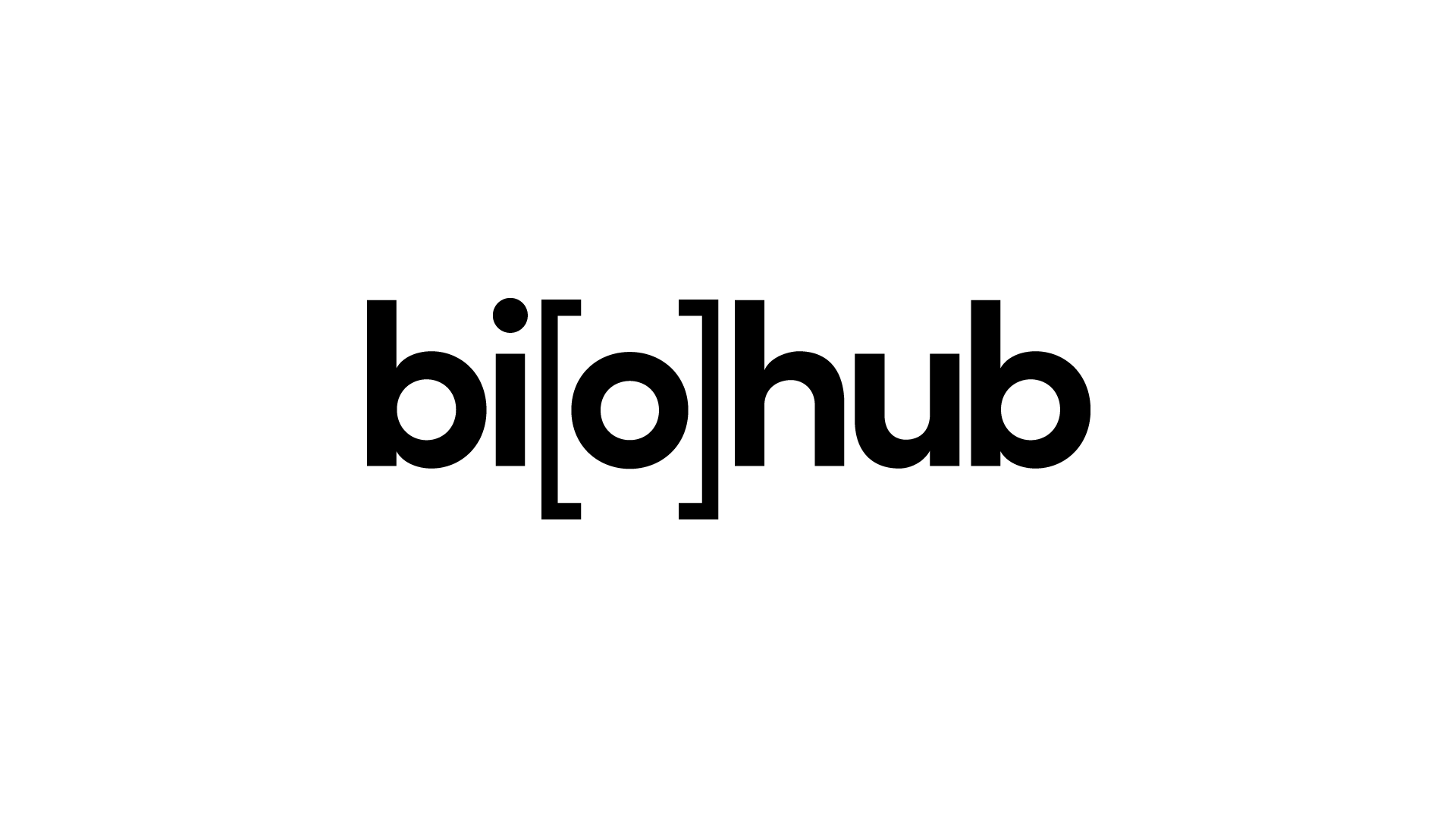Researchers at UCSF have developed a novel innovation in harnessing the gut microbiome to alleviate severe side effects of chemotherapy.
Dose-limiting toxicities remain a significant barrier in the advancement of drug therapies, particularly in oncology. Although decades of pharmacogenomic research have identified specific human genetic variants that influence drug metabolism, these discoveries have not fully translated into clinical practice due to persistent, unexplained variability in adverse drug reactions. Emerging evidence highlights the gut microbiome as a key player in drug metabolism, with certain microbial strains capable of inactivating a wide range of pharmaceuticals in vitro. In the case of capecitabine (CAP), a chemotherapeutic prodrug used to treat gastrointestinal cancers, both host and microbial enzymes (DPYD and preTA, respectively) convert its toxic metabolite 5-fluorouracil (5-FU) into an inactive form. However, despite rare host DPYD mutations being linked to severe toxicity, they fail to explain the broad interpatient variability observed, suggesting that differences in gut microbial composition—particularly among colorectal cancer patients—may significantly influence CAP metabolism and toxicity, though the clinical relevance of microbial preTA activity remains to be fully elucidated.
Stage of Research
This groundbreaking invention offers a powerful new solution to one of the most pressing challenges in cancer treatment: the severe and unpredictable toxic side effects of fluoropyrimidine-based chemotherapies, such as capecitabine. By introducing a specially designed composition containing either a dihydropyrimidine dehydrogenase (DPD) enzyme or beneficial microorganisms that naturally or genetically express this enzyme, this method safely and effectively neutralizes toxic 5-fluorouracil (5-FU) in the body. The result is a dramatic reduction in harmful side effects—such as vomiting, diarrhea, neurotoxicity, and cardiac complications—allowing patients to better tolerate life-saving chemotherapy. This invention has great versatility, and can be used as a preventative treatment, a therapeutic intervention, or as part of a personalized medicine strategy by tailoring chemotherapy doses based on a patient’s microbiome profile. The composition can be delivered orally as a probiotic or formulated for fecal transfer, offering a convenient, patient-friendly option. This innovation not only enhances treatment outcomes but also paves the way for microbiome-driven precision oncology.
Applications
- Adjunct Therapy in Chemotherapy: This invention can be used alongside fluoropyrimidine-based treatments (e.g., capecitabine) to prevent or treat drug-induced toxicities, enabling safer and more effective chemotherapy for cancers such as colorectal, breast, and gastric cancer.
- Microbiome-Based Diagnostic Tool: The invention can serve as a diagnostic platform to identify patients at high risk for fluoropyrimidine toxicity by measuring DPD enzyme expression levels in the gut microbiome, allowing for personalized drug dosing and toxicity prevention strategies.
Advantages
- Reduced Chemotherapy Toxicity: The invention significantly lowers the risk and severity of harmful side effects caused by fluoropyrimidine drugs, such as capecitabine, by enhancing the metabolism of toxic 5-FU through targeted enzymatic action—improving patient safety, comfort, and treatment adherence.
- Personalized Cancer Treatment: By leveraging the gut microbiome and measuring dihydropyrimidine dehydrogenase (DPD) levels, this approach enables personalized dosing and risk assessment, offering a tailored, precision medicine strategy that optimizes therapeutic outcomes while minimizing adverse effects.
Stage of Development
Research- in vivo
Keywords
Therapeutic, Cancer,Diagnostic
Technology Reference
CZ Biohub ref. no. CZB-316F
UCSF ref. no. SF2025-013

